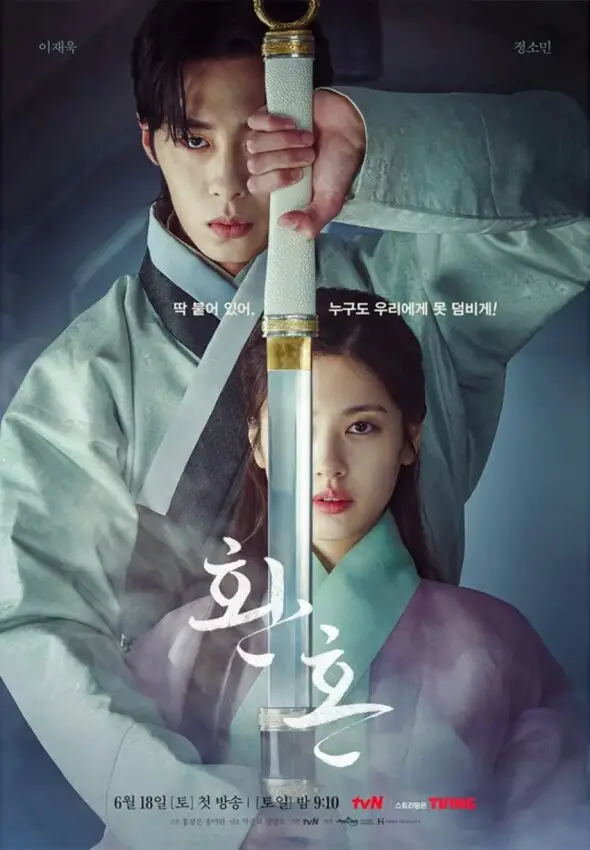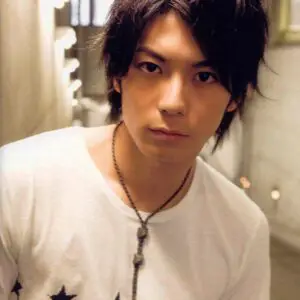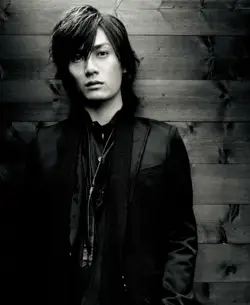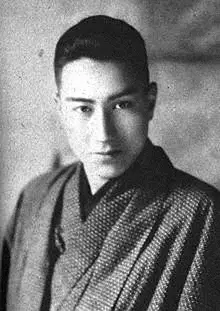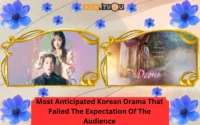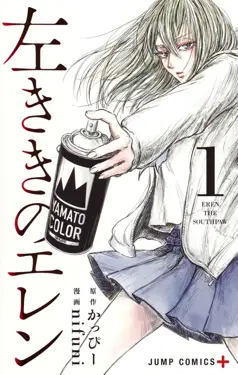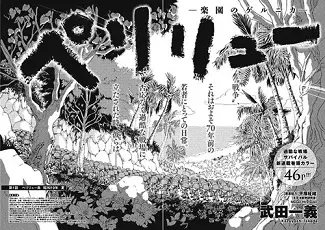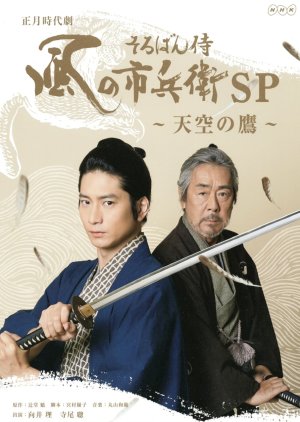
Drama Digest
This drama is a compilation of the one that came out in 2018. Initially, it is a division of three parts composed of 9 episodes. Set in the Bunsei era (1818-1830) of Japan. This drama revolves around the time when samurai families often faced a severe financial crisis. They endowed their household finances on a half-yearly basis to vagabond stewards, similar to accountants nowadays. Karaki Ichibei is such an onlooker of monetary resources. He helps families with vulnerable needs. A master of abacus, his proficiency also shows in sword fighting. Wandering from place to place, he uses his skills to assist people in need selflessly.
The Feel-Good Part
Ichibei’s artful mastery, blended with his superfluous skills attributing to people’s kindness, makes the drama a blissful watch. It also portrays Japanese society and its cultural markings of that time.
The Disappointing Factor
Despite a well-developed storyline, the editing and writing couldn’t highlight the key points. It could have made the drama worthy of rewatching with a little more comprehensibility.
In-Depth Analysis
Special episodes in Japanese mainly govern around the compilation or sequel or may also come before the drama’s release. It helps to provide a brief look into it. This show’s creation is on that basis and is slightly different from the whole drama. The simplicity of expressing nuanced concepts is one of the central aspects of Japanese dramas. A historical drama like this reflects that process by drawing the context of that period, making the village background, following how people spoke etc. The story’s framework provides an insight into cultural aspects, financial processes, and lifestyle. It also looked at the different statuses governed by the samurais. Ichibei’s accomplishments fathom different perspectives. His character guides the viewer through various situations, problems and solutions. The context of the character’s nature made closer to the viewer is one of the common strategies used by these Japanese dramas. This way, the protagonist’s steps direct the viewer and base the story’s perspective. Moreover, the series shows criminal atrocities governing during that time. It showed how meticulously Ichibei saved the affected lives of the local people. The drama’s historical aspect helps one to compare the current and past days of the Japanese culture in terms of economic and financial factors. It gives a better idea of changes in the business. The story beautifully and simply wraps these notions. Like most Japanese dramas, in these genres, it is also very straightforward and easily conveys the focus diligently.
Star Power
Mukai Osamu portrayed Karaki Ichibei very proficiently. His adamant nature of upholding the ethics of samurai was on point. Supporting cast Terao Akira and Harada Taizo exquisitely defined their performance through Nakae Hanjuro and Shibui Kisaji. Furthermore, Kariya Shunsuke, Yamamoto Mizuki, Saito Yuki, Matsushita Yuya, Kamimura Yoriko, Watanabe Ikkei, and Tsutsui Michitaka fabulously played their part in bringing depth to the story.
Overall Opinion
The cultural aspect present in the drama is proliferous. Blended with invigorating stories, it brings out the prominence. Thus, making it worthy of a historical watch.




